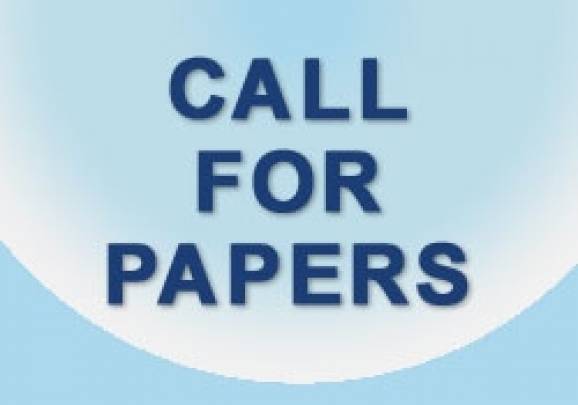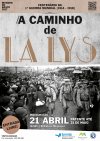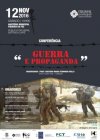Nos dias 26 e 27 de Novembro de 2014 decorrerá na Universidade de Sevilha a Conferência Internacional «The Culture of Peace in Europe During the Great War». A submissão de propostas para esta Conferência Internacional, que ocorrerá na Universidade de Sevilha, deverá ser enviado para os organizadores do evento até 15 de Junho de 2014.
Os organizadores enviaram-nos a seguinte informação:
«In August 1914 the European powers were drawn into a conflict that blurred frontiers all over the Old Continent and invalidated the international order under construction. Until then, the establishment of laws of war had apparently demonstrated the European nations' commitment to the modern ideals of progress and civilization. Actually, the two Hague Conferences (1899, 1907) had traced an unsuccessful path to a system of regulative cooperation between states. However, despite the peacekeeping failure, the rhetoric of peace -actively promoted by pre-war pacifism campaigns- forced warring states to justify publicly their entry into the conflict. Therefore, from the very onset, the question of war guilt assumed special emotional importance in belligerent societies. So, the controversy around international responsibilities had a momentous impact on the contemporary perceptions of war, going far beyond the armistice.Particularly, Germany's role continues to be most controversial. But even so, major interpretations are still based on Fischer's claims that Berlin's "grasp for world power" was the main reason for the European catastrophe. Moreover, the pictures of "the Rape" of Belgian neutrality gave a depiction of the German assault on international rights and humanitarian principles. So the aggression against neutrality set one of the primary stages for discussing issues of legal liability and moral culpability, with also significant developments in the field of war propaganda. In general warfare demonstrated that categorical imperatives had little to do with international realities, because laws turned out to be relative, flexible and adaptable depending on the political, economic and geostrategic interests at stake. The illusory safety that rested upon the presumable inviolability of international laws was challenged "by the perpetration of all kind of acts in contravention of every written and unwritten law that stood in the way of belligerent targets".In such a view, for instance, the economics also had a deep impact on initial belligerent actions towards neutrals. German litteleuropa and the British blockade were two main issues in political and diplomatic correspondence between belligerent and neutral powers behaviour expected of a neutral state".
The paper submission will include the abstract and contact details. We would kindly ask to keep a limit of 350 words for the proposal. We also expect a short academic cv from the applicants.
ALL PROPOSALS FOR PAPERS SHOULD BE SUBMITTED TO: Este endereço de email está protegido contra piratas. Necessita ativar o JavaScript para o visualizar.
CONFERENCE LANGUAGES: ENGLISH, SPANISH.
The evaluation of the submitted proposals will be ensured by the Scientific Committee of the Conference.
After notification of acceptance, a Conference fee in amount of EUR 80 will have to be paid until 15th August 2014. The Organizing Committee»









Comentários